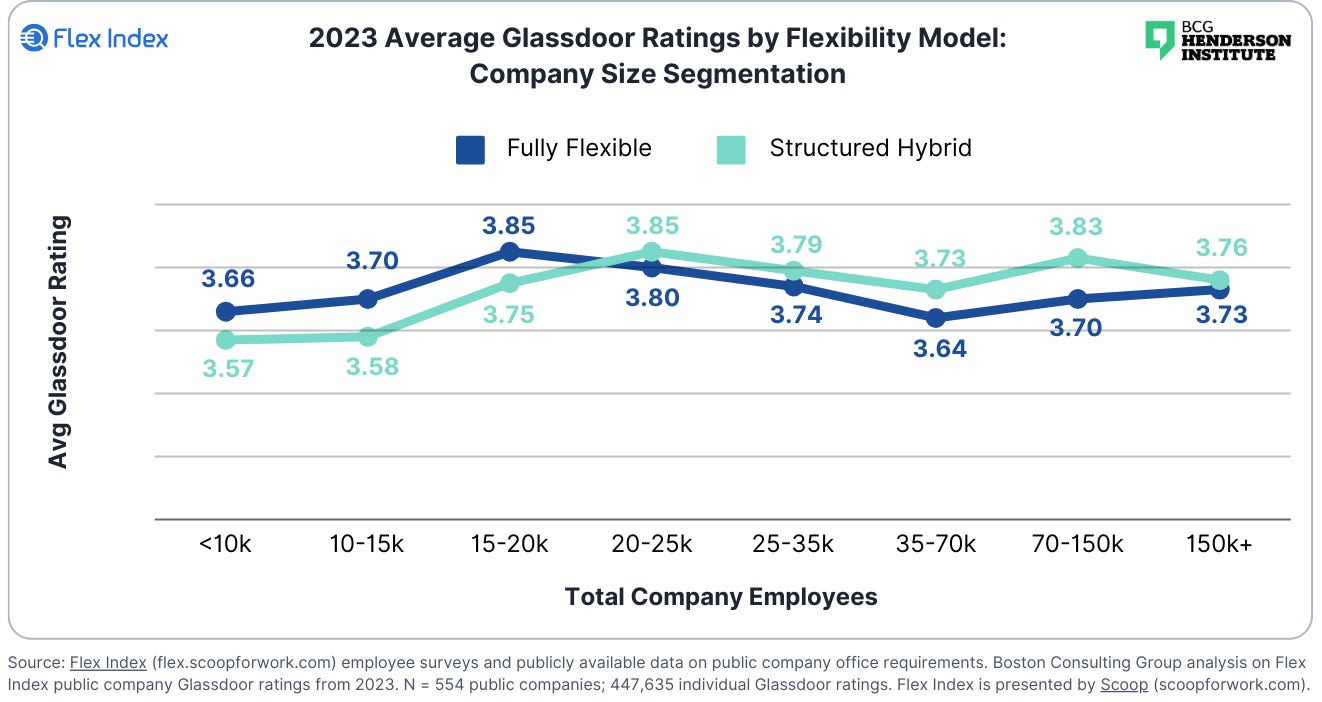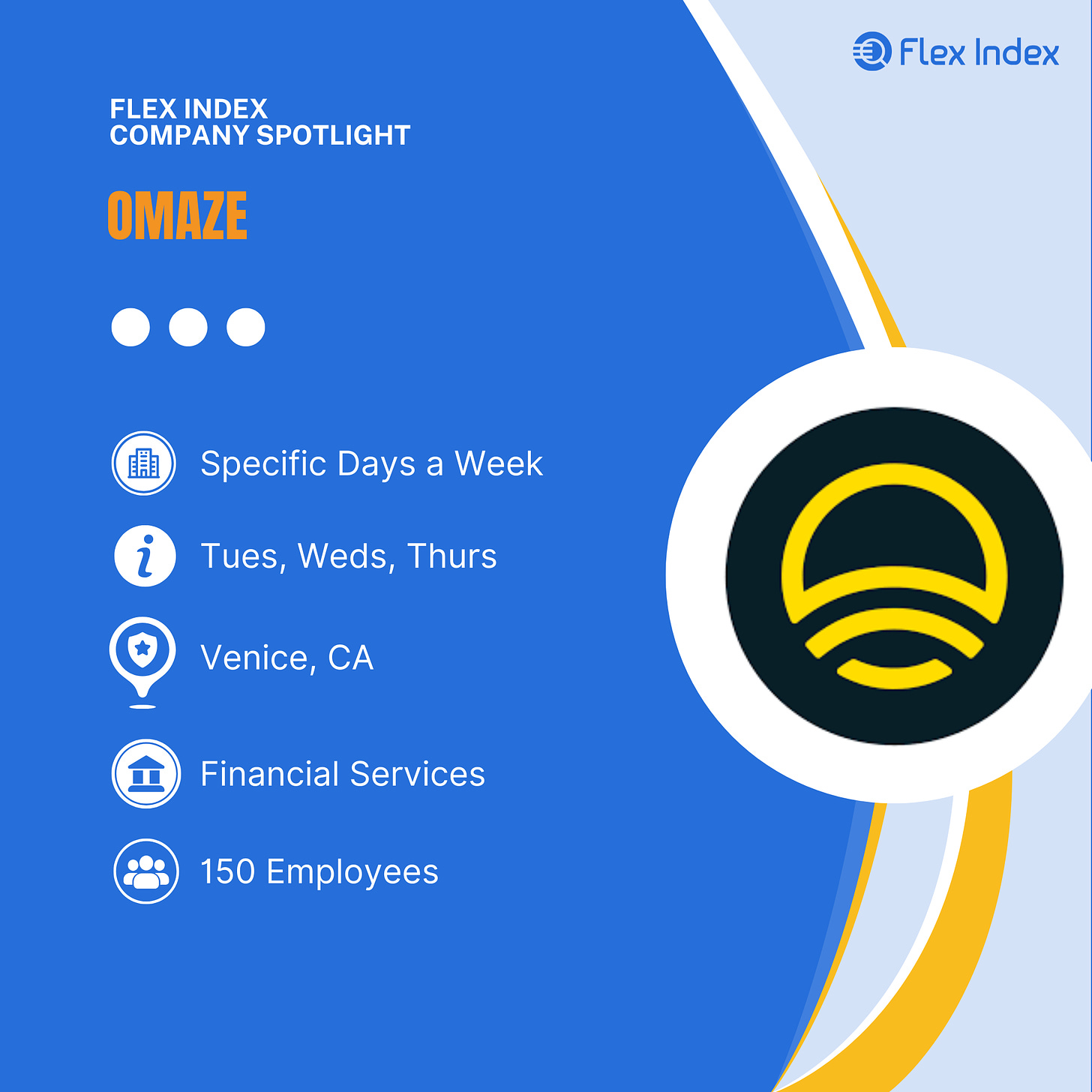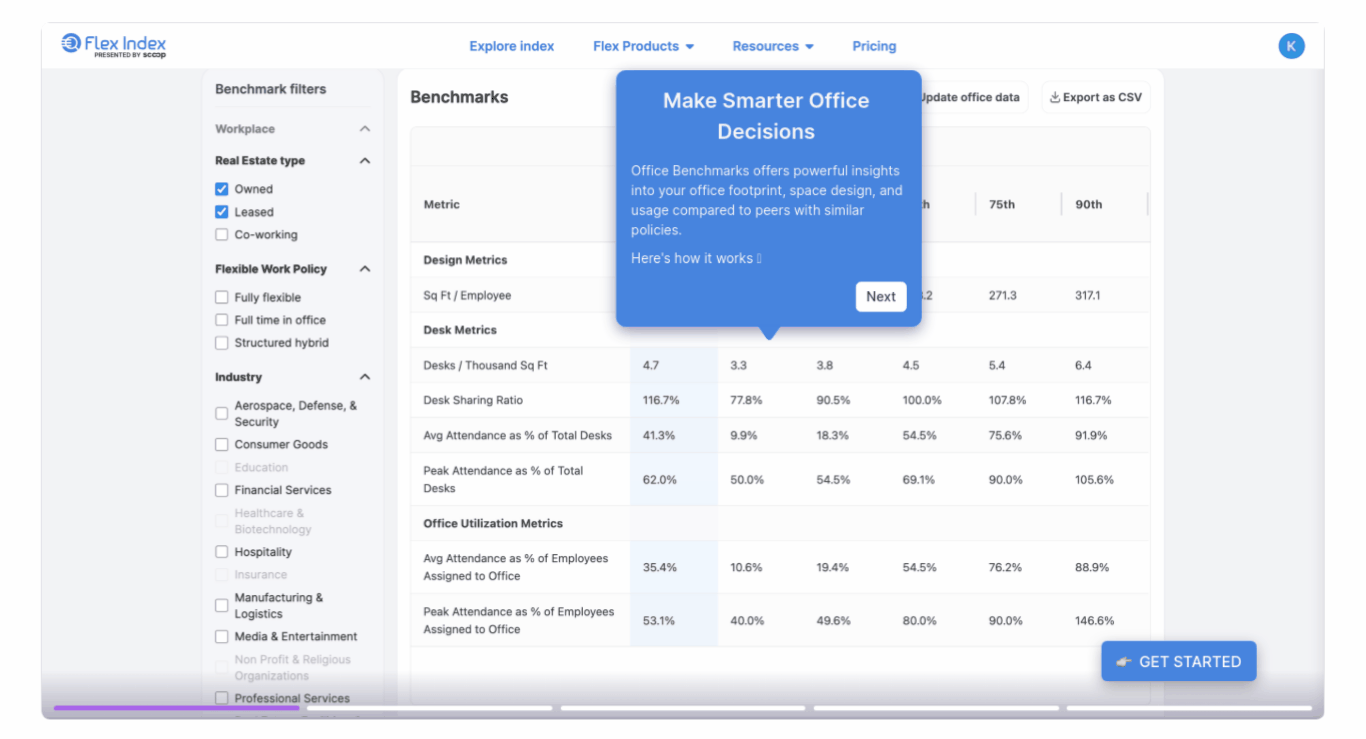Starbucks RTO Policy Leaves Employees Steamed
Plus, Trip.com's A/B hybrid work experiment reveals 35% better retention
👋 Happy Tuesday! Remote work has reached an unprecedented peak, with the Department of Labor reporting 23.7% of Americans working remotely this September — the highest figure since tracking began two years ago. Yet this milestone has arrived at a turning point, as major corporations like Amazon have announced mandatory five-day office returns. A recent Resume Builder survey reveals that 87% of companies that went remote during the pandemic plan to return to office-based operations by 2025.
In this week’s edition:
☕️ Starbucks Tightens RTO Policy
🔍 Trip.com’s Hybrid Work Experiment
🎙️ Team Level Agreements & Async Work with Brian Elliott
Current Subscribers: 7,604
Please forward to colleagues and friends! Link to subscribe.
THIS WEEK’S FLEX FOCUS 🔍
RTO Policy Brews Trouble at Starbucks
Starbucks has intensified its stance on return-to-office mandates, with a recently leaked memo indicating employees could face termination for failing to comply with the company's three-day in-office requirement. This hardline approach comes amid controversy over CEO Brian Niccol's special arrangement allowing him to remain in California without regular commutes to Seattle headquarters — a direct contradiction to the policy enforced on other employees.
This development marks a significant shift from Niccol's earlier, more relaxed stance on workplace flexibility and aligns Starbucks with other major corporations taking firmer positions on office attendance. The company joins the estimated 80% of CEOs who, according to a KPMG survey, anticipate a full return to office within three years, though it stands in contrast to companies like Microsoft that maintain more flexible policies.
FLEX WORK QUICK HITS 💥
Stay ahead of the curve with our curated roundup of the trending flexible work stories making waves right now. Here's what you need to know 👇
Fortune: Emerging research reveals that flexible work isn't just employee-friendly, but a potential stock market catalyst.
HRD: While 27% of hybrid workers feel overlooked for promotions — rising to 42% for those aged 35-44 — new data shows 57% would quit if their flexible work options were restricted.
Business Insider: Bolt’s CEO has implemented a 12-day monthly office attendance requirement after finding that less than half of staff came in more than twice weekly, stating the policy aims to maintain company performance and culture.
Globest: As U.S. remote work nearly tripled since 2019, its impact on traffic varies dramatically by city: tech hub Raleigh enjoyed a 17% congestion drop while Boston's traffic surged 58%.
STAT OF THE WEEK 📈
Employee Sentiment by Work Model & Company Size
We collaborated with Boston Consulting Group to analyze ~450k Glassdoor ratings across 554 public companies to explore the relationship between employee sentiment and flexibility.
Interestingly, the sentiment gap between Fully Flexible and Structured Hybrid varies by company size. For firms under 20k employees, Fully Flexible companies have stronger employee sentiment. Above 20k, Structured Hybrid starts to win out, perhaps reflecting value in more structure as companies grow to meaningful scale.
FLEXPERT INSIGHTS 🧠
One Company A/B Tested Hybrid Work. Here’s What They Found.
A new study of 1,600 Trip.com employees has found that hybrid work can save companies millions through improved retention, according to co-authors Nick Bloom, James Liang, and Ruobing Han. Their experiment at the global travel company randomly assigned employees to three- or five-day in-office schedules to examine productivity and retention impacts.
The six-month experiment revealed that employees on hybrid schedules maintained equivalent productivity and performance while experiencing 35% lower attrition rates than full-time office workers. With each prevented resignation saving approximately $30,000 in recruitment and training costs, the study demonstrates that well-structured hybrid work can generate millions in profits through improved retention — findings particularly relevant as major companies like Amazon push for full-time office returns.
FLEX PERSPECTIVES 🎙️
ICYMI: Team Agreements, Outcomes, and Asynchrony: The Future of Work Trifecta | Brian Elliott
In this throwback Flex Perspectives episode, Rob Sadow sat down with Brian Elliott, Co-Founder of Future Forum and author of "How The Future Works," on three critical topics that every people executive and people manager will want to hear about:
Why top-down return-to-office mandates don't work and how team-level agreements are a more impactful approach
How to transition from managing based on "inputs" to "outcomes"
Tips for reducing meetings and working asynchronously
Also available on Apple Podcasts.
COMPANY SPOTLIGHT ✨
Omaze is a for-profit online fundraising platform that offers unique celebrity experiences and exclusive merchandise to support various charitable causes, operating under the mission of making giving fun and easy by turning giving into winning. Founded in 2012 by Ryan Cummins and Matthew Pohlson, the company has its head office in Los Angeles, California and has since raised millions for charities around the world.
ONE MORE THING 1️⃣
Add your company to Flex Index
Learn about Office Benchmarks
Share this newsletter with friends and colleagues
FLEX INDEX | OFFICE BENCHMARKS
Office Benchmarks offers powerful insights into your office footprint, space design, and usage compared to peers with similar policies. Maximize your workplace potential and make confident, informed investments.









